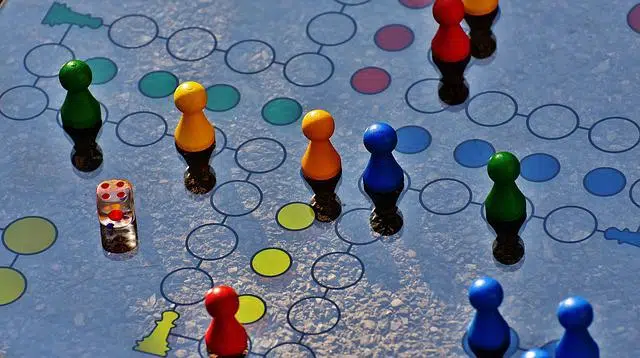
According to Johan Huizinga, the human being is "a hominid that plays."
Ludology is a discipline dedicated to the research, creation and experimentation of gaming as a cultural phenomenon . In its work it appeals to various sciences and areas of knowledge to generate knowledge.
game study
It can be stated that, in a broad sense, ludology is the study of gaming . Experts analyze the game as an end in itself and not as a tool to achieve a different objective.
The Dutch philosopher Johan Huizinga (1872-1945) is considered one of the pioneers of ludology. Huizinga defined the human being as a hominid that plays: Homo ludens .
For this thinker, the game develops by nature, without someone forcing it to do so. Man , through play, creates experiences that contribute to his awareness of the environment and provide him with an approach to competition . The ludic phenomenon, in all its extension and with its complexities, is the object of study of ludology.
According to ludology, the game is carried out voluntarily and according to limits of time and place. Players freely agree to respect agreed rules and engage in the activity without immediate utility (as we said above, the game is the end, not a means).
video games
Although ludology includes all kinds of games, currently it tends to focus on video games . Research aims to understand the characteristics of video games and players, in addition to the interactions established between the two.
When studying video games, ludology focuses on technical, technological, aesthetic and social issues, for example. He also includes neurological and pedagogical aspects among his interests. This became necessary due to the characteristics that distinguish video games from previous forms of entertainment, such as board games and those that require the use of the body in activities more typical of sports.
The exact origin of video games is often a topic of discussion, as there were many prototypes before it became an industry. However, we can say that it was only in the 1980s that they managed to captivate the public. Depending on the point of view, we can say that the gaming experiences they offer us are equivalent to the old ones or completely different , and this is where the great complexity that characterizes them arises when it comes to including them in ludology.
If we think about local multiplayer titles, which invite family and friends to gather in front of the television, there is not so much difference with a board game. On the other hand, those that are developed for a single player can immerse you in a different universe for dozens or hundreds of hours, in an experience more similar to reading a novel. Those that require connection with other players over the Internet, on the other hand, promote a form of communication that until the early 90s was almost non-existent but that is now more normal than face-to-face .

Currently, ludology pays special attention to video games.
Animals and play
Ludology does not include the rest of the animal species, but this does not mean that we are the only ones that play. For a long time, humans believed that only dogs, cats and monkeys shared with them their ability to have fun through play. However, science has already shown that all species, even insects and amphibians, know how to enjoy their free time through recreational activities .
Just as it happens with children, animals also explore their own capabilities through play, learning about themselves and their environment in a relatively safe way, and later go out into the outside world and take advantage of the skills acquired in their struggle to survive. survival.
